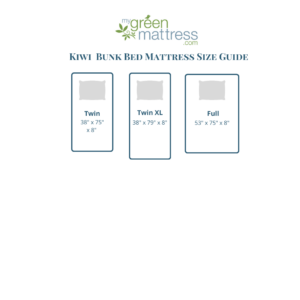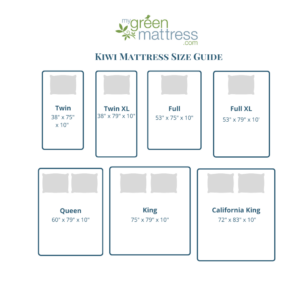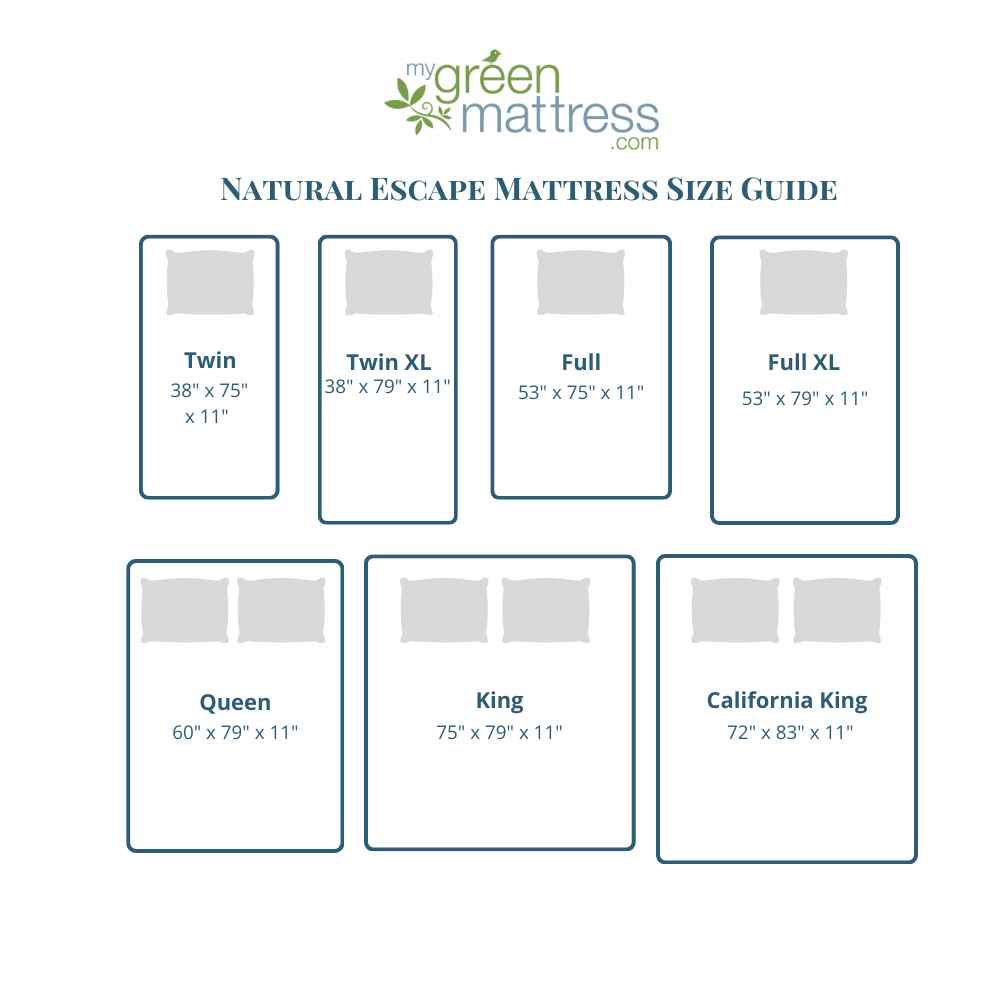Over the past five years, bamboo seems to have climbed the charts in being one of the top eco-friendly materials. For some products, it may be, but for others, not so much.
When it comes to household use, bamboo is not always all it’s cracked up to be.
For example, there are various flooring companies that manufacture bamboo flooring, but many of these use adhesives that contain formaldehyde and toxic chemicals that off-gas. The good news is that there are some companies that make bamboo flooring with non-toxic or less toxic adhesives, just make sure to do your research before committing to installing one in your home.
Many cutting boards and dinnerware are also now made from bamboo, but these are often coated in an oil for which the ingredients aren’t disclosed or are coated with mineral oil, which is not ideal as it is made of a non-renewable resource – petroleum.
Bamboo Isn’t What I Want to Sleep On…
Many mattress companies are selling mattresses that they call eco-friendly because they contain bamboo fibers. The problem is that by the time the original form of the bamboo is made into a fiber, it has gone through extensive processing with toxic chemicals, making the production of it clearly synthetic.
Materials that Consumers Should be Looking for in a Natural Mattress
- Organic cotton, wool and natural latex made from the rubber tree are the top three materials of choice for a natural mattress as they come from natural sources that are not highly processed.
- A truly natural mattress doesn’t have non-natural fibers blended with the natural ones that are used. Sometimes companies will mix their wool, cotton or latex with other fibers, such as polyester or something other than natural materials. Make sure to ask the dealer you are purchasing from about this.
- The materials a mattress is made from should have an accredited certification. For instance, organic cotton should be GOTS certified.
Photo Credit: https://www.anot.tk/bamboo/









